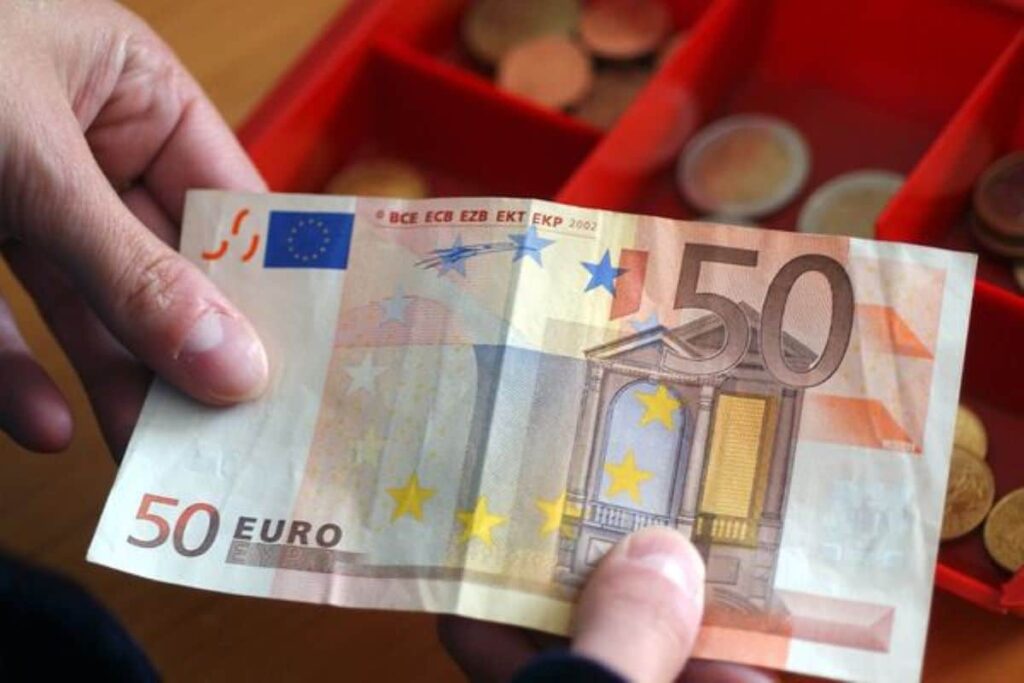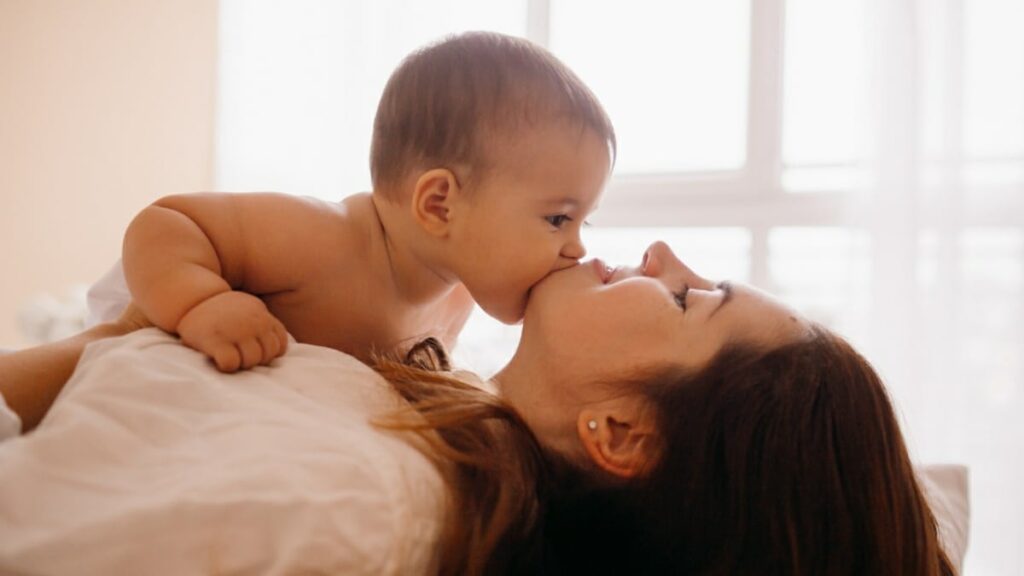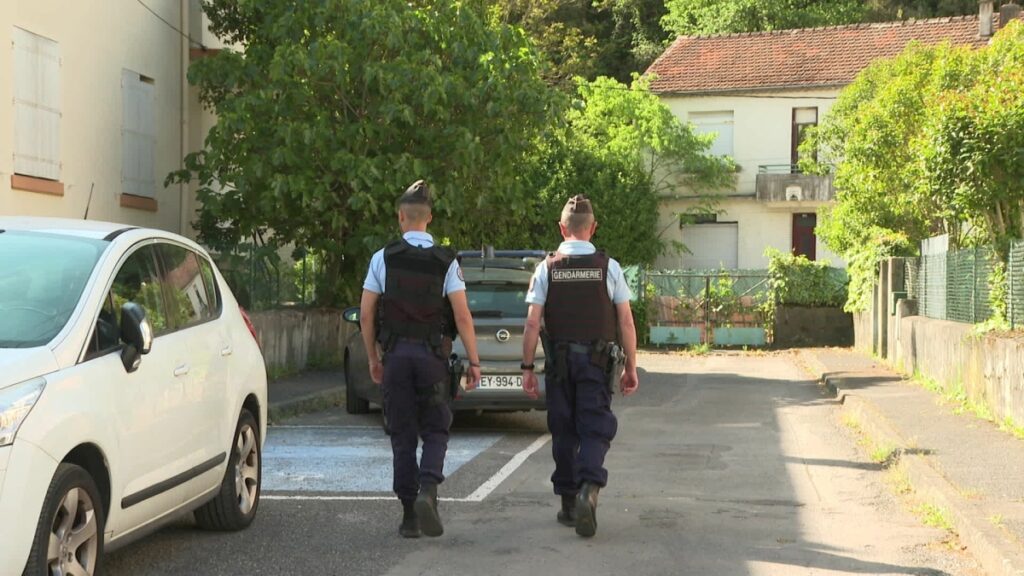While in the middle of his shift, Guney Cokkaya, the owner of a Kebab restaurant in Mulhouse, received an envelope.
The letter was delivered by a young man who wished to remain anonymous. Guney was astonished when he opened the envelope. Touched by the experience, he decided to share his story.
A Woman in a Desperate Situation
Even now, Guney Cokkaya cannot believe the story. In an interview with Alsace, he reflected on that Friday, June 26. While he was inside his restaurant, a young man came in and handed him an envelope, mentioning that the author of the letter wished to remain anonymous.
Upon opening it, he was taken aback. Inside the letter, a woman explained that the 50-euro note it contained was a gesture of “repayment”. Ten years ago, when the restaurant was run by Guney’s father, a woman with her four children left without paying the bill.
Now, she wanted to explain her actions and apologize to the owner. “I had just gone through a divorce, my situation was desperate, and I left without paying. Recently, I remembered this incident and hope you can forgive me,” she wrote.
Moved by this story, the current owner of the restaurant admitted that his father had no recollection of that day. According to him, his father would have been understanding towards the mother if she had explained her situation to him.
A Touching Gesture That Promotes Understanding
As of now, Guney Cokkaya still does not know the identity of the letter’s author. He frequently helps customers in need or contributes to charities. When he shared this story with a friend, Mourad Benzakri, who leads the Mulhouse solidarity collective, his friend was eager to share this inspiring story on social media. Initially wanting to keep it private, Guney eventually agreed that his friend could share it.
The story of this mysterious woman has been widely circulated on Facebook and other social platforms. “I can’t believe how much attention it has received,” he remarked in astonishment. He hopes that this touching story about the mother will encourage people toward understanding and solidarity. “We shouldn’t judge people too quickly,” he wisely concluded.







